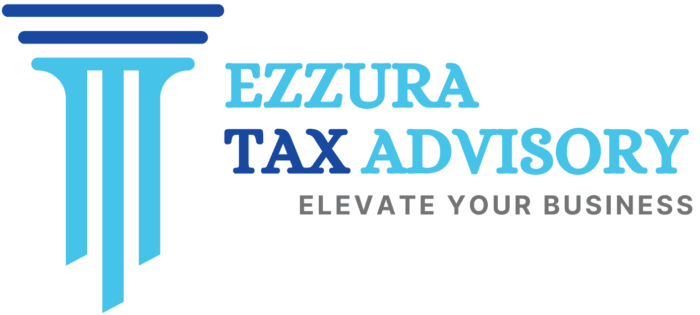Taxation on Trust | Trust | Vesting
Are you ready or have you planned for trust vesting?
Trusts do not live forever and must come to an end on their vesting date. In most states and territories in Australia, trusts can have a maximum lifespan of 80 years. However, trusts may vest earlier based on the trust deed. Many older trusts that were executed in the 1970s and 1980s have shorter-year terms.
What are the tax consequences when a trust vest?
- The beneficiaries of the trust become absolutely entitled to the CGT asset of the trust. This means the beneficiary has a vested, indefeasible and absolute entitlement to trust property, requiring the trustee to deal with that trust property as the beneficiary directs.
- The trustee of the trust will realise a capital gain if the market value received as capital proceeds for the asset exceeds its cost base.
- Beneficiaries will realise a capital gain if the market value of the received asset as the capital proceeds for the interest in the trust exceeds the cost base of their interest. However, any capital gain or loss will be disregarded if the beneficiaries acquired the interest for no expenditure as in most cases of discretionary trusts.
Stamp duty implications:
- Transfers of trust assets to beneficiaries may attract stamp duty.
- Duty relief might be available under the relevant Duties Acts, which can vary between each State and Territory.
Actions to be taken if your trust is about to vest:
1. Review the trust deed and identify the vesting date
2. Check the trust deed to determine whether it allows the vesting date to be extended
3. Consult with a tax professional to manage the potential significant capital gain tax implications
This article is provided for general informational purposes only and does not constitute specific tax advice. The information contained herein is not tailored to your circumstances, and we strongly recommend that you seek professional advice from a qualified tax advisor before making any decisions based on the content of this document. Any reliance on the general information provided is at your own risk, and Ezzura Tax Advisory expressly disclaims any responsibility or liability for actions taken or not taken based on this information.





